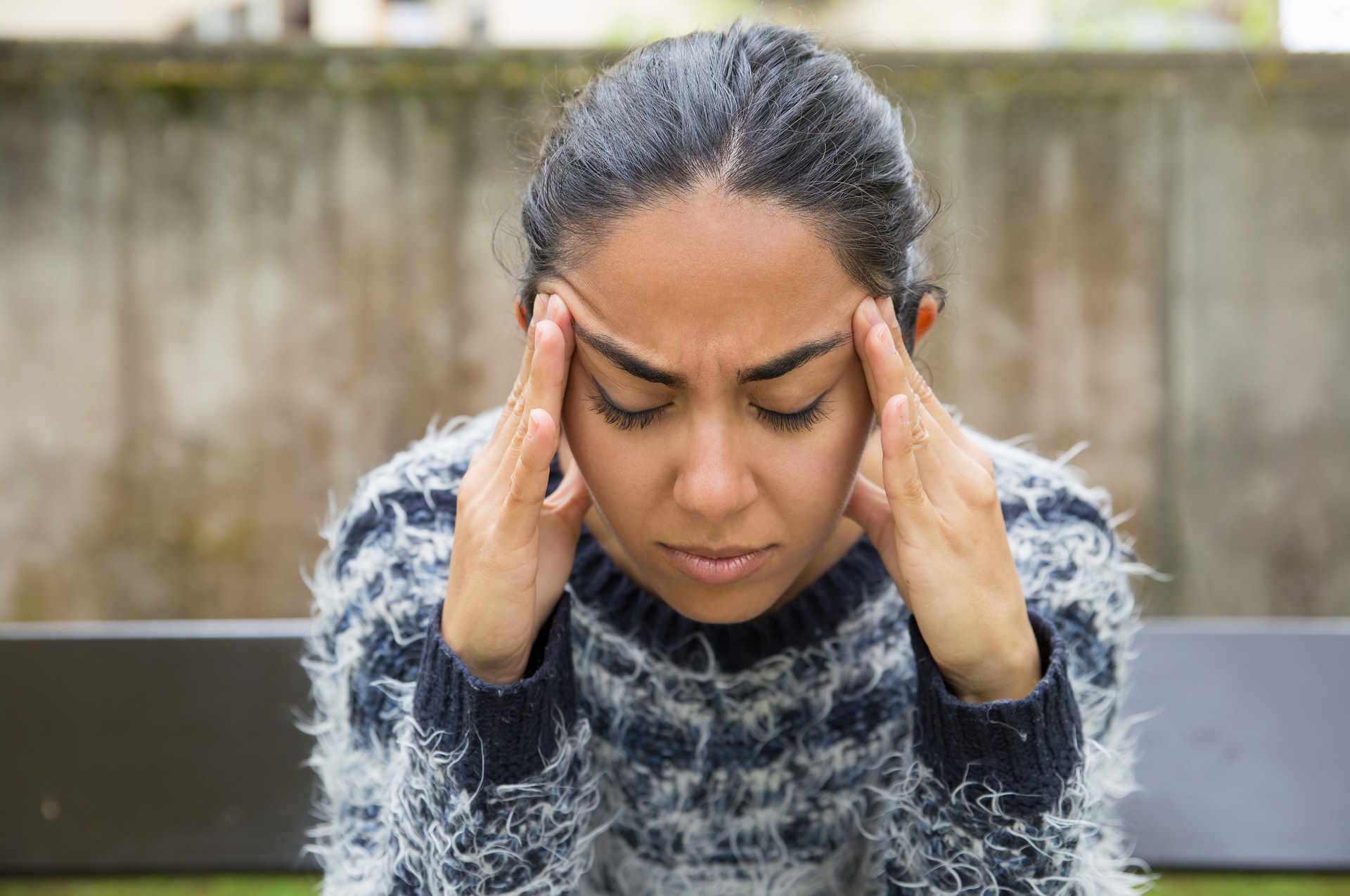10 Signs You Have Anxiety
Feeling tense or restless more often than you’d like? Anxiety doesn’t always look dramatic — sometimes it hides behind headaches, sleepless nights, or an uneasy heartbeat. Learning to spot the top 10 signs of anxiety can help you understand what’s happening and take steps to feel better.

What Distinguishes Normal Stress from an Anxiety Disorder?
Occasional stress is a normal part of life, but anxiety disorders go beyond temporary worries. The key difference lies in persistence and intensity. Normal stress typically subsides after a challenging situation, while anxiety disorders create persistent, overwhelming feelings that interfere with daily functioning. Anxiety can manifest through physical, emotional, and cognitive symptoms that extend beyond typical stress responses.
How Anxiety Symptoms Impact Sleep, Energy, and Focus
Anxiety frequently disrupts sleep patterns, creating a challenging cycle of exhaustion and heightened stress. People experiencing anxiety often struggle with:
-
Difficulty falling asleep
-
Frequent nighttime awakening
-
Racing thoughts preventing restful sleep
-
Chronic fatigue during daytime hours
-
Reduced concentration and mental clarity
These symptoms can create a significant drain on personal and professional performance, making daily tasks feel overwhelming and emotionally taxing.
Top 10 Often Overlooked Signs of Anxiety
-
Persistent muscle tension
-
Unexplained digestive issues
-
Excessive worry about minor situations
-
Difficulty making decisions
-
Irritability and mood swings
-
Physical restlessness
-
Avoidance of social interactions
-
Overthinking past events
-
Perfectionist tendencies
-
Rapid heartbeat in non-stressful situations
Simple Strategies to Manage Anxiety Symptoms
Managing anxiety involves a holistic approach that combines lifestyle modifications and potential professional support:
-
Practice regular meditation and deep breathing exercises
-
Maintain consistent sleep schedules
-
Engage in regular physical activity
-
Limit caffeine and alcohol consumption
-
Develop a supportive social network
-
Consider journaling to process emotions
When to Seek Professional Mental Health Support
Professional intervention becomes necessary when anxiety symptoms:
-
Persist for several weeks or months
-
Significantly disrupt daily functioning
-
Cause physical health complications
-
Lead to social isolation
-
Trigger suicidal thoughts
Understanding Treatment Options for Anxiety
| Treatment Type | Approach | Potential Benefits |
|---|---|---|
| Psychotherapy | Cognitive Behavioral Therapy | Develops coping strategies |
| Medication | Prescribed anti-anxiety medications | Manages chemical imbalances |
| Holistic Methods | Meditation, yoga, lifestyle changes | Promotes overall mental wellness |
Prices, rates, or cost estimates mentioned in this article are based on the latest available information but may change over time. Independent research is advised before making financial decisions.
Conclusion
Recognizing anxiety signs is the first step toward effective management. While these symptoms can feel overwhelming, numerous support systems and treatment options exist to help individuals regain control and improve their mental health.
Disclaimer: This article is for informational purposes only and should not be considered medical advice. Please consult a qualified healthcare professional for personalized guidance and treatment.




